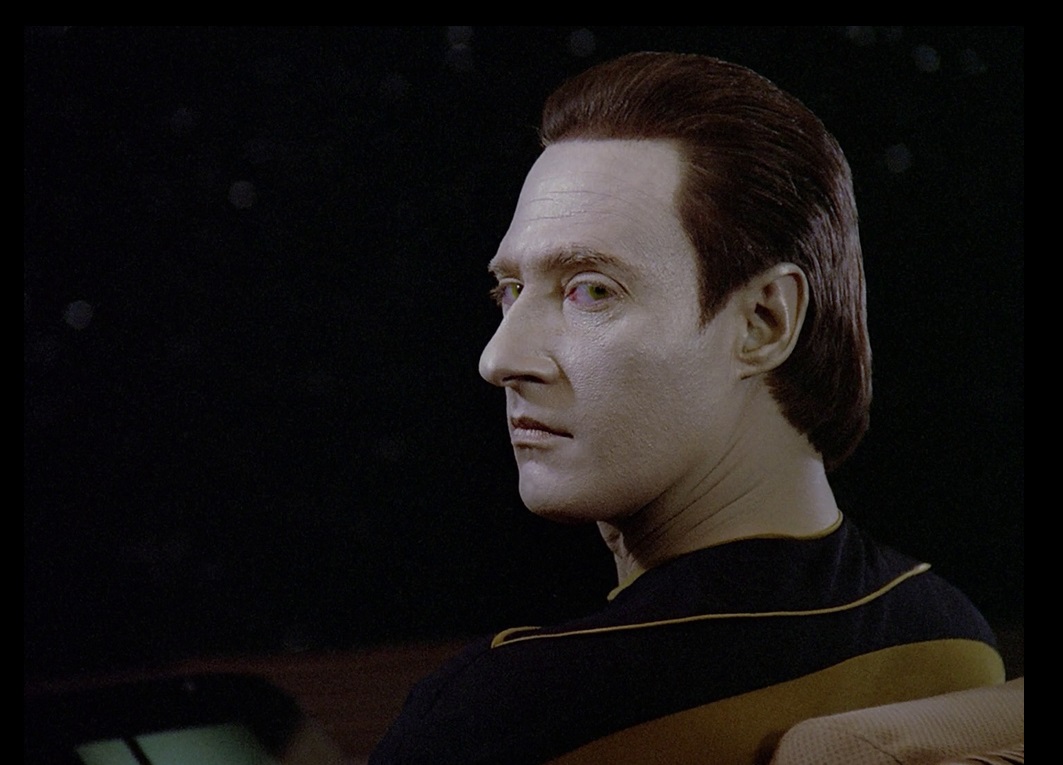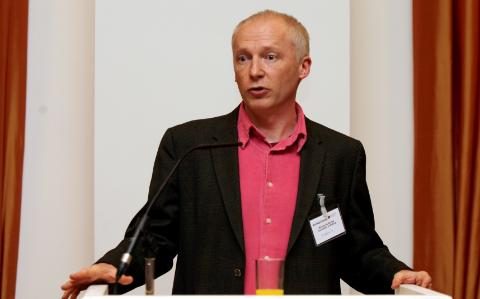
Advancements in AI
Perhaps the Terminator/Skynet concept of world domination isn’t as far-fetched as one might assume. Today, robots are doing everything from service industry jobs to writing and almost winning literary prizes. The formidable advancements in artificial intelligence (AI) have prompted not just experts, but the public, to start wondering how we can protect ourselves from robots taking over.
But what about the other side of the situation? Wouldn’t robots, with their ever-advancing technology that moves closer and closer to near-human intelligence and consciousness, soon need protection from humans too?
Marcus du Sautoy Weighs In

This is a question that mathematician Marcus du Sautoy, from the University of Oxford, is asking. As we move closer to a reality of robots equipped with advanced AI, shouldn’t they be given moral and legal protection that has, until now, been granted freely to humans?
“It’s getting to a point where we might be able to say this thing has a sense of itself, and maybe there is a threshold moment where suddenly this consciousness emerges,” du Sautoy said.
“And if we understand these things are having a level of consciousness, we might well have to introduce rights. It’s an exciting time.”
It’s a conversation that he believes is necessary, given the progress of robotics and neuroscience. He believes that our current understanding of consciousness is prompting people to figure out how we can continue respecting everyone, regardless of form—organic or synthetic.
“But we’re in a golden age. It’s a bit like Galileo with a telescope. We now have a telescope into the brain and it’s given us an opportunity to see things that we’ve never been able to see before.”
More of his commentary is included below:
In babies there is something called the mirror self-recognition test, a moment where a child recognises the image in the mirror is themselves and has a sense of self.
I think there is something in the brain development which might be like a boiling point. It may be a threshold moment.
Philosophers will say that doesn’t guarantee that that thing is really feeling anything and really has a sense of self. It might be just saying all the things that make us think it’s alive. But then even in humans we can’t know that what a person is saying is real.
Consciousness is like a box that we all have and inside this box we all have something called a beetle. We all call it a beetle, but we don’t know if the thing in your box is actually like the thing in mine. How can I ever see what’s in your box?”